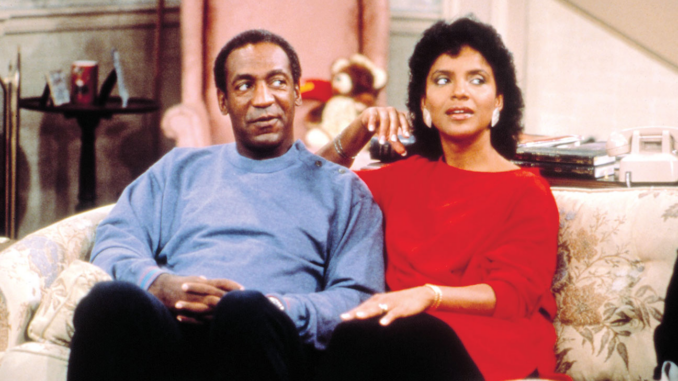
“How The Cosby Show paved the way for diversity on screen”
Introduction: The Cosby Show was more than just a television program—it was a movement in the fight for Black representation in Hollywood. When it first aired in 1984, it broke barriers, offering a portrayal of African-American life that was more aspirational than stereotypical. For the first time in television history, viewers were treated to a rich, multidimensional portrayal of a Black family who was not defined by poverty or crime but by love, success, and achievement. This shift was monumental for the entertainment industry, which had long struggled with diversity and representation.
Changing the Narrative of African-American Families: Prior to The Cosby Show, the portrayal of Black families in the media was often limited to stereotypes. Characters were frequently depicted as living in poverty or as comedic sidekicks. The Cosby Show presented a starkly different narrative: the Huxtables were a middle-class, educated, and well-established family. Dr. Huxtable was a successful obstetrician, and his wife Clair was a lawyer. They were a power couple—successful, loving, and grounded. This portrayal directly challenged the prevailing norms and stereotypes about African-American families at the time.
The impact of The Cosby Show was profound. By showing an affluent, successful African-American family in a positive light, it expanded the definition of what Black life could look like in mainstream media. No longer were African-American families relegated to roles defined by hardship or humor; instead, The Cosby Show offered a portrayal of Black life that was as complex and rich as any other group on television.
Paving the Way for More African-American-Led Shows: The success of The Cosby Show had a ripple effect across the entertainment industry. The show’s popularity proved that there was a significant demand for positive portrayals of African-American families and characters. In the years that followed, several other African-American-led sitcoms and dramas emerged, including A Different World, Family Matters, Living Single, and The Fresh Prince of Bel-Air. These shows continued the legacy of The Cosby Show by featuring Black characters in a range of professions, family structures, and storylines.
The influence of The Cosby Show was not limited to sitcoms. In film and drama, the impact was also felt. Movies like The Pursuit of Happyness and TV shows like Scandal broke new ground by portraying African-American characters as the protagonists in dramatic and aspirational narratives, much like The Cosby Show did for sitcoms.
Conclusion: The Cosby Show was more than just a successful TV show; it was a catalyst for change in the entertainment industry. By presenting a positive and multifaceted view of African-American life, the show challenged the media’s longstanding portrayal of Black families and opened the doors for greater diversity and representation. Its legacy continues to influence the entertainment industry today, making it one of the most important shows in the history of television.
